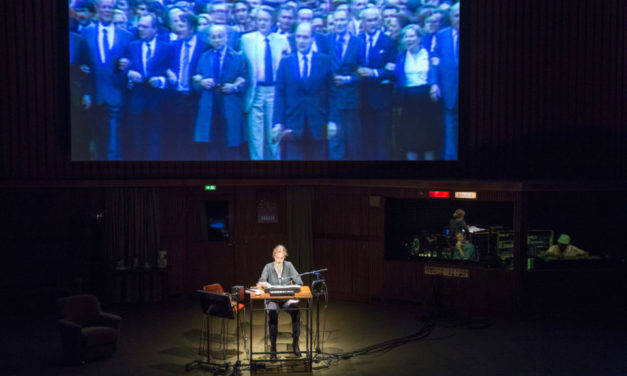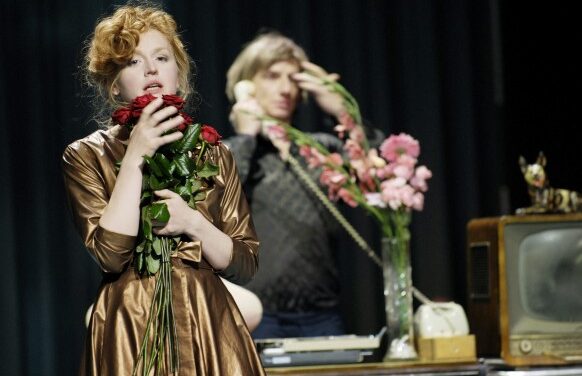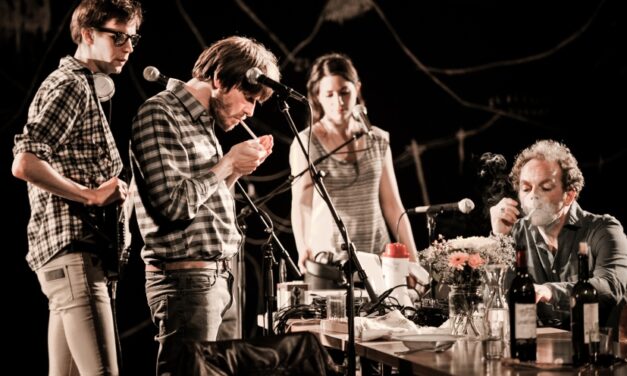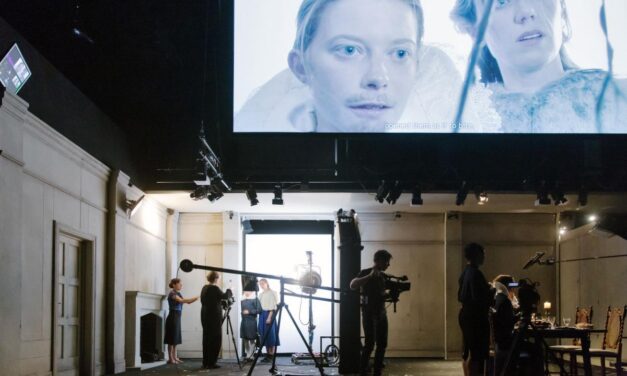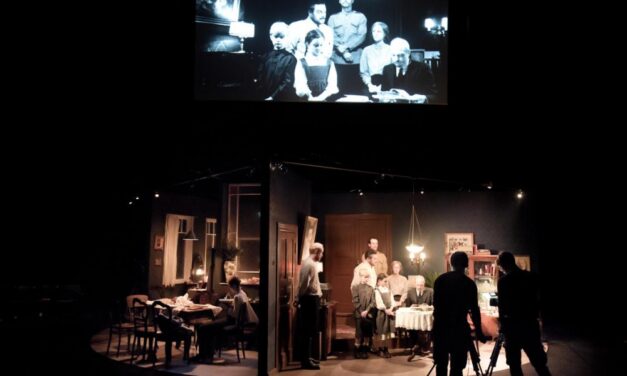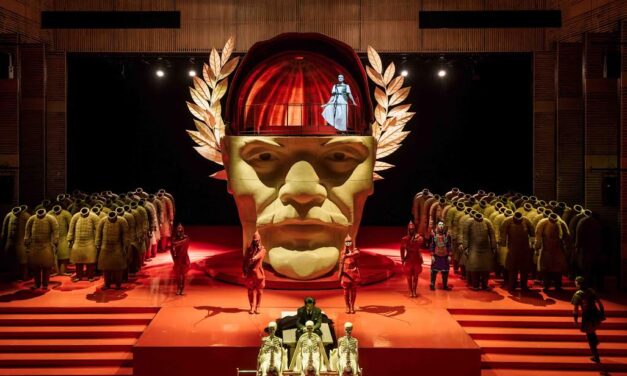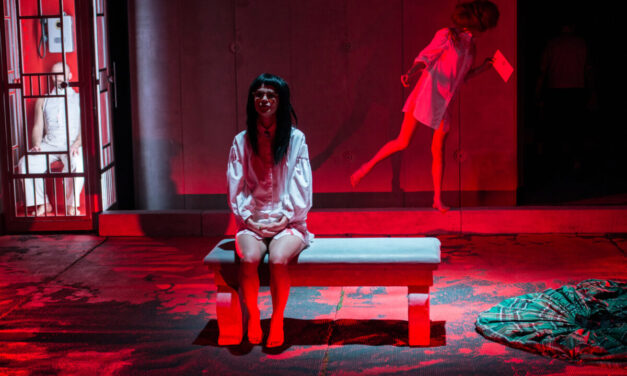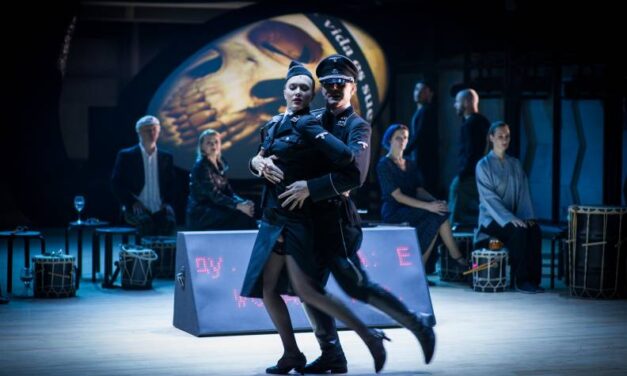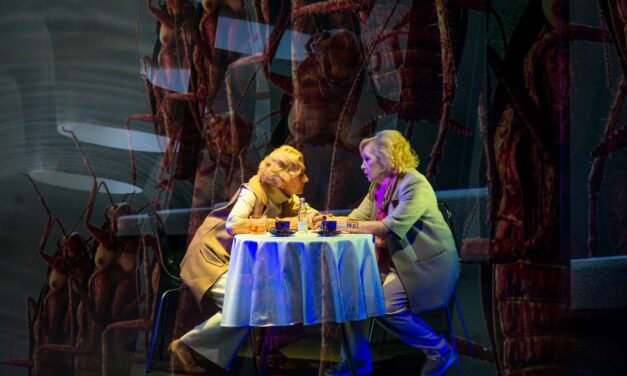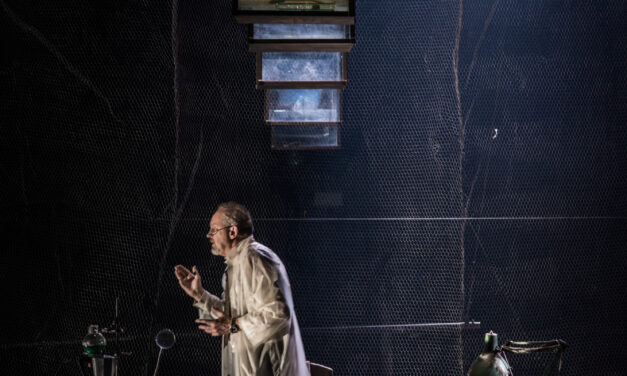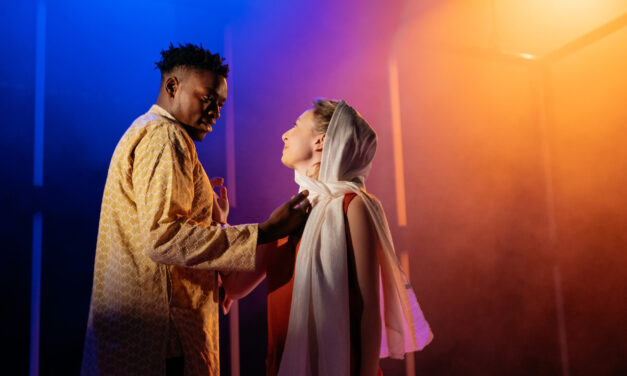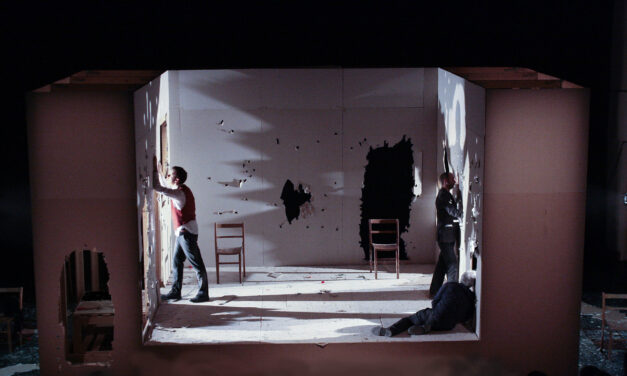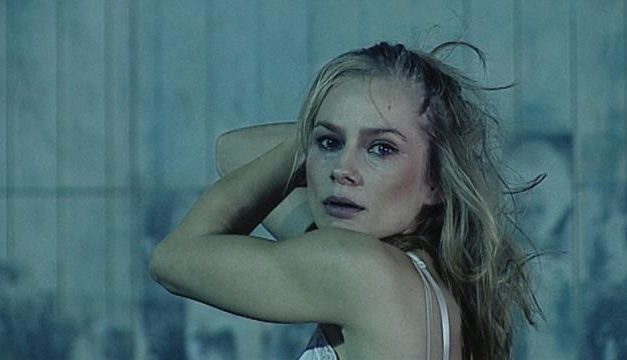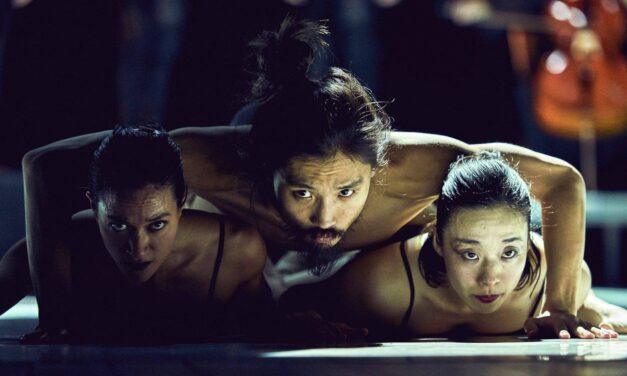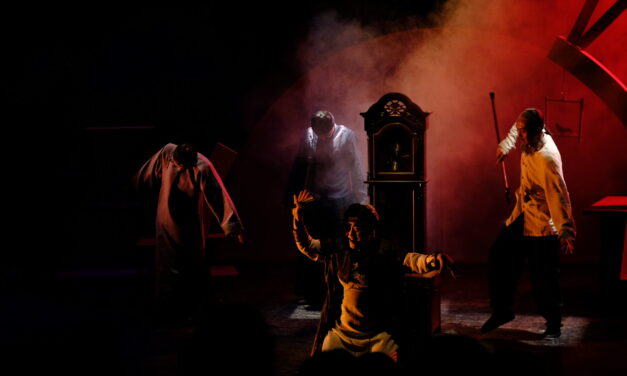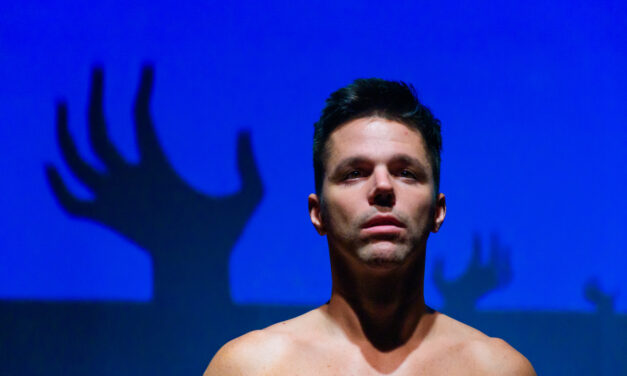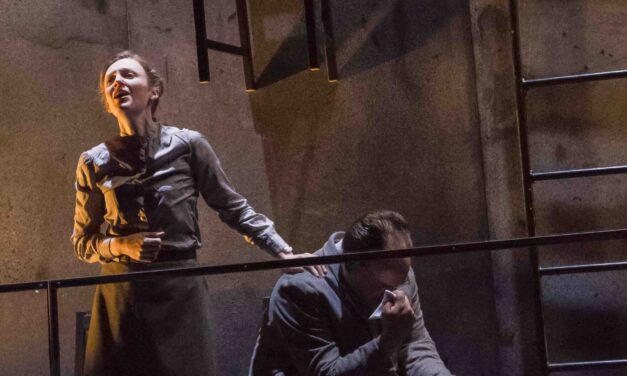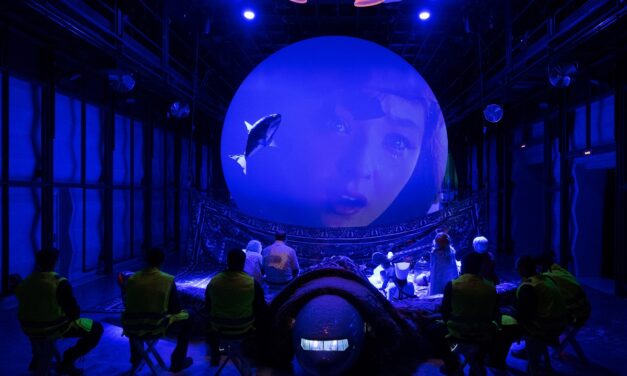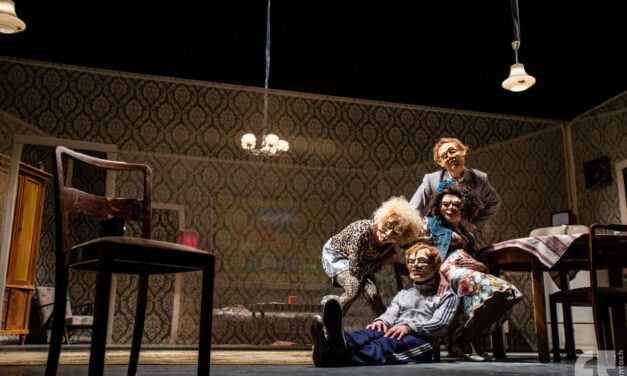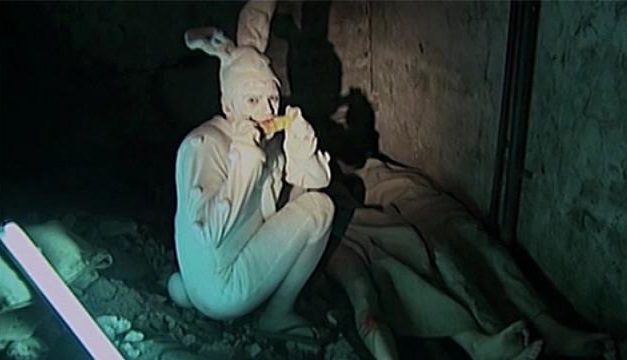Rückkehr nach Reims (Returning to Reims)
First published in 2009, Didier Eribon’s memoir Returning to Reims follows the French sociologist’s return from cosmopolitan Paris to his small hometown in the wake of his father’s death and after decades away. Having grown up gay in a working-class family with a homophobic father as patriarch, Eribon employs his own complicated journey ‘home’ as a path through which to address questions of political fragmentation and the rise of the ultra-right in contemporary France. Thomas Ostemeier’s acclaimed adaptation – or reimagining, as some have termed it – is a sensual rumination on grief, sexuality, and our ever-evolving relationship with the past. ONE DAY ONLY! This production plays on 16 April 2020. Available from 6.30pm CET until midnight.
Read More
